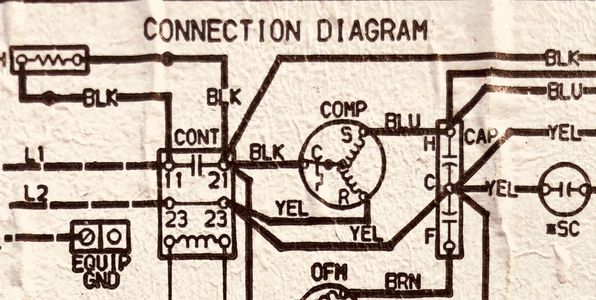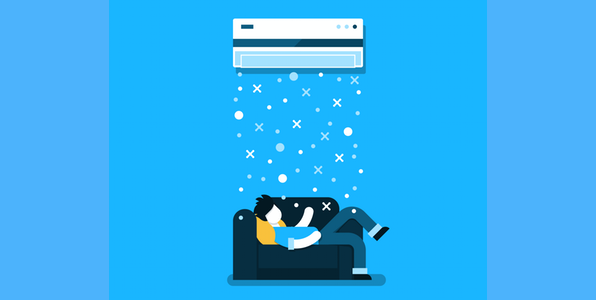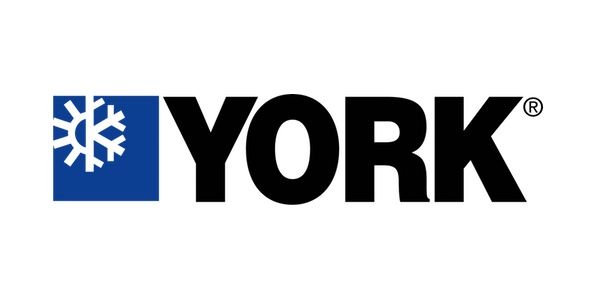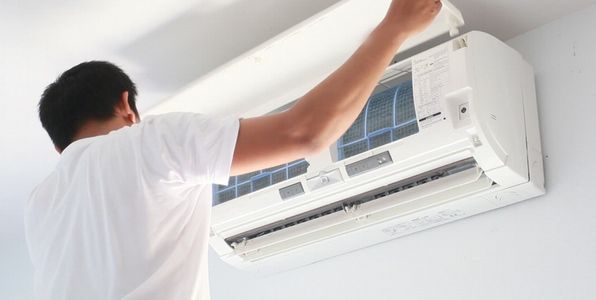5 of Our Favorite Bob Jenson Posts for Better Summer Living
It’s summertime and the living is easy — as long as your A/C is functioning and your home’s air quality is good, that is. As you enter into some of San Diego’s warmest months, do you need a refresher on keeping your home healthy and cool?
We’ve assembled some of our favorite Bob Jenson blog posts about caring for your home during the summer. When you go into the sunniest season prepared, you’ll be living your best life all summer long.
Summertime Energy Savings Guide
You don’t want to be a sweaty Betty all summer, but you’re also not made of money. Finding a balance between keeping cool and staying on budget can be challenging when temperatures soar — and they’re doing just that, more than ever.
In our “Summertime Energy Savings Guide,” you’ll learn how to keep energy usage and costs within reason this summer. From sealing your ducts to slightly adjusting your thermostat, it might not be as hard as you think.
6 Things to Do Before Turning On Your A/C This Summer
It’s that day of the year again — the one you turn on your A/C for the first blast of that sweet, cool air. But are you really ready? There are a few items that should be checked off your to-do list prior to kicking on your A/C each year.
Our “6 Things to Do Before Turning on Your A/C This Summer” post walks you through getting your unit ready for use. You’ll learn about cleaning out supply vents and more.
Keeping the Cool Air In and the Hot Air Out
You can have the most efficient air conditioner in the world but if your house is full of leaks, you’ll still waste a lot of money this summer. When cool air escapes through bad windows or poor insulation, you end up paying more than you should to keep your house temperature controlled. It’s important to know how to keep the hot summer air outside, where it belongs.
Our blog, “Keeping the Cool Air In and the Hot Air Out,” outlines ways to update your home (such as adding weather stripping) that will prevent cold air from bleeding outside.
When Is It Time to Break Up With Your Air Conditioner?
Your air conditioner has been there for you all these years, through mild summers and scorching seasons alike. But has your relationship come to an end? Even the trustiest of HVAC systems will reach a point where it needs to be replaced.
If you’re on the fence about getting rid of your A/C, our post “When is It Time to Break Up with Your Air Conditioner?” tells you which questions to ask yourself about ditching your air.
5 End-of-Summer Maintenance Tips
Your A/C can benefit from some TLC (read: maintenance) after a season of heavy usage. You may not be in the mood to worry about your HVAC as summer comes to a close — after all, you won’t turn it on for several months now — but you’ll be thankful next spring if you do some A/C tune ups now.
Read “5 End-of-Summer Maintenance Tips” to learn about cleaning your condenser unit and other steps that will ensure your air conditioning unit has another successful season next year.
Do you have questions about maintaining your HVAC system during summer? Reach out to Bob Jenson for any service, repair, or maintenance questions and requests. We’ll make sure you stay cool and comfortable all season long.










